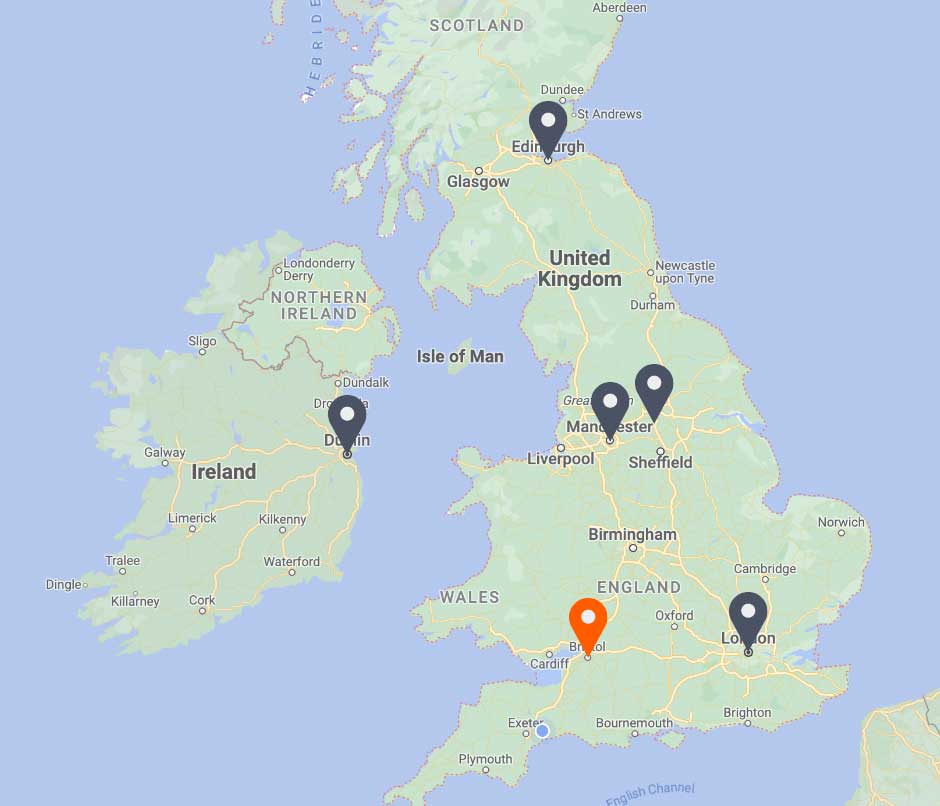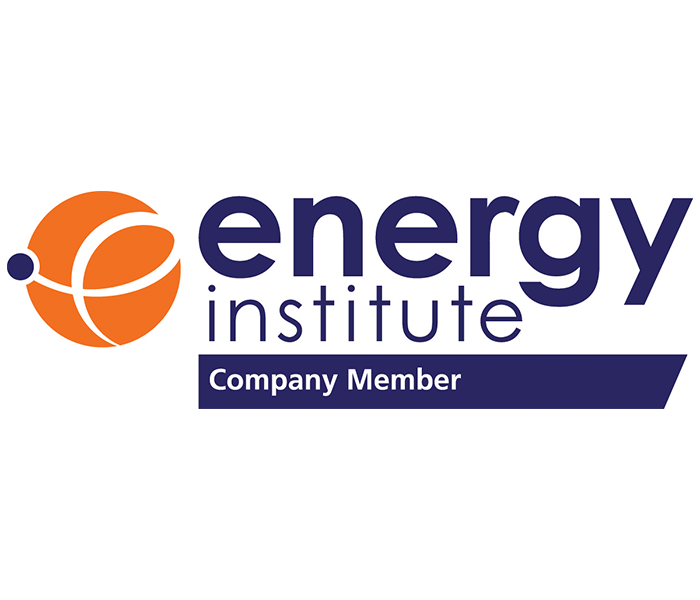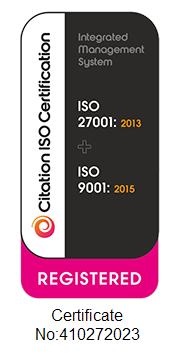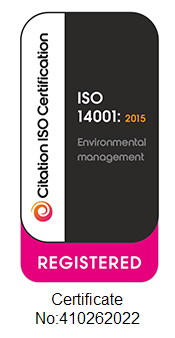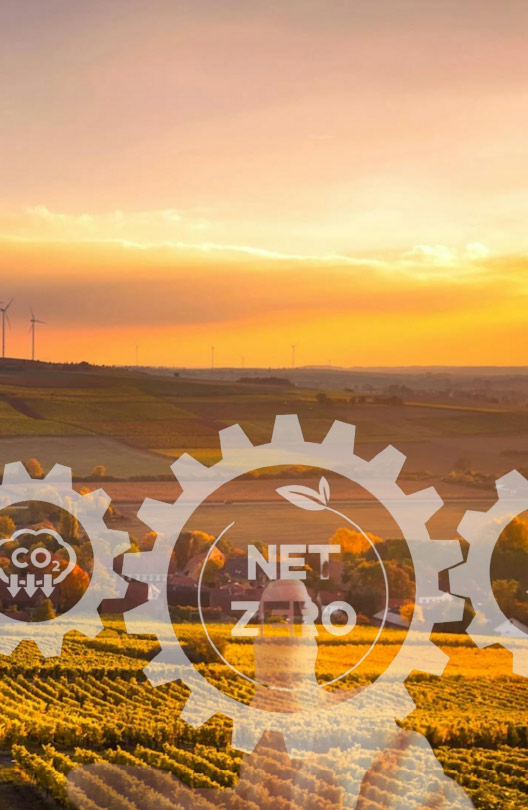THIS ARTICLE AT A GLANCE
CONTACT ETS
If you have any questions or would like to discuss further what you should be doing, ETS is here and willing to help.
Call 0117 205 0542
Email enquiries@energy-ts.com
Submit a contact form
CHECK OUR SERVICES
Complying with Carbon Regulations: A Chance to Drive Commercial Growth and Achieve CSR Goals

There have been drastic changes to company goals over the years. Focus is no longer just on productivity as it pertains to economic and business performance but also on achieving ESG and sustainable goals. Carbon reporting is now becoming a major demand for shareholders and customers as there is an interest to see how businesses are performing commercially and environmentally.
Finding the right balance between commercial and carbon goals can be a challenge for businesses. There is the desire to reduce energy costs and carbon emissions without incurring greater costs. Another challenge is the lack of skill that can efficiently bridge the gap and ensure that both commercial and carbon targets are met. The false notion that one target must be sacrificed over another limits innovation and mitigation.
With the government pushing for a robust legal and regulatory framework to meet national and global carbon targets, businesses will need to take responsibility to comply with these changes. Rather than viewing this as a forced agenda it is possible to take advantage of the situation to drive commercial growth, pursue carbon targets, reduce energy costs, and satisfy companies CSR plans.
A Sustainable Solution
ETS has a sustainable solution to energy management and carbon emission reductions:
- Policy and planning – These are strategies that filter across the different organizational teams that impact energy. It also covers governance and compliance to meet company targets. The organization can benefit from government investments channeled towards carbon reduction and green technology. This means that company finances can be utilized in other areas where needed.
- Data and diagnostics – Having the right data is a start to driving efficiency as inefficiencies and saving opportunities can be easily identified. A detailed analysis of energy use and costs is no longer done in isolation but can be compared to commercial key performance indicators such as occupancy, sales, and revenue.
- Optimization and implementation – Implementation and control of suggested solutions following data diagnostics can ensure that systems can be put in place to improve performance. Optimization creates real-time benefits for the business, clients and stakeholders as information can be readily available.
- Monitoring, measurement, and analytics – Insight through reoccurring data can be used to monitor, measure, and propose adjustments to the energy coming in and out of the business. This is done to international performance measurement & verification standards (IPMVP).
- Audit and Iteration – Continual improvement to policy, data, optimization, and performance to achieve a recognizable, sustainable, and auditable energy management system.
How can ETS help?
Related Article
8 Ways Businesses Can Reduce Energy Use in the Workplace This Winter
Discover how to comply with ESOS Phase 4 and unlock energy-saving opportunities for your business. This guide explains the requirements, highlights key deadlines, and provides actionable strategies. Learn how energy audits, tailored action plans, and expert support can reduce costs, improve efficiency, and align your organisation with sustainability goals.
ESOS Action Planning: Complying with Phase 4 and Implementing Energy Saving Strategies
Discover how to comply with ESOS Phase 4 and unlock energy-saving opportunities for your business. This guide explains the requirements, highlights key deadlines, and provides actionable strategies. Learn how energy audits, tailored action plans, and expert support can reduce costs, improve efficiency, and align your organisation with sustainability goals.
Important Update: What You Need to Know about ESOS Phase 3
Time is ticking for the ESOS Phase 3 deadline. The Environment Agency announced that the reporting system is available now. For organisations qualifying for ESOS Phase 3, the deadline for submitting a compliance notification is 5 June 2024, and organisations should still look to meet this compliance notification deadline where possible.



































